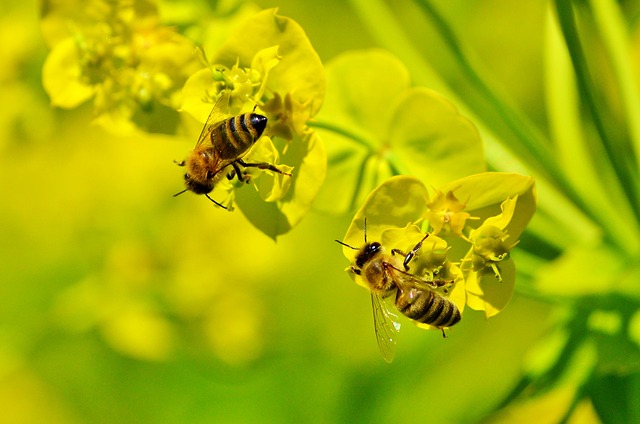 The birds and the bees are going to fly into our children’s lives at some point. How will they enter?
The birds and the bees are going to fly into our children’s lives at some point. How will they enter?
As a tenured teacher new to 5th grade curriculum, I attended a “puberty talk” training. That training prepared me to talk with my class, but it also changed the way I parent. Sure, I was comfortable talking about my children’s anatomy while giving them baths. Penis and vagina are fairly painless words to use, but when instructing my daughter on how to clean herself effectively, is vagina really the correct terminology? My mom always told me to wash my “shutz” when I was a kid. I don’t think I knew the real word for outer female anatomy until the 6th grade! And why did I use the word “tushy” or “undercarriage” when making sure all of my kids’ private parts were clean? Not only has the vocabulary I use at home changed, but the way I speak freely about reproduction has, too.
Don’t get me wrong. I’m not drawing anatomically correct pictures and labeling them, but talking about our bodies in a scientific way develops our children’s understanding and knowledge.
Every family has different comfort levels and boundaries around using the restroom with the door open or closed, which lends itself to more or less conversations around reproductive body parts. Due to the fact that our pocket door is permanently stuck open in our master bathroom, this lends itself to frequent conversations. (By the way, it’s on the honey-do list to fix this!)
It really is amazing that a woman is born with approximately 400,000 ova in her ovaries. Why does my daughter need to wait until 5th grade to know this amazing fact about her body? And why not take the opportunity during baseball season to explain with scientific terminology, the reason my son needs to buy a cup? Whether you talk about this with your child or not, they will get the “Puberty Talk” in the 5th grade by someone like me.
Here’s the bottom line. Kids talk – especially after being exposed to puberty curriculum – and once they hit middle school they will talk more.
Do you want other eleven and twelve year olds clarifying questions about sexuality with your child or do you want to be the one from whom they discern truth? This can start at a young age. The curriculum I delivered created a safe space to talk about puberty and normal body changes, identified anatomy in males and females, defined sexual assault and sexual harassment, provided challenging scenarios for students to problem solve, and taught how someone can and cannot contract HIV. If you are wondering, “Where do I start?” consider the list just mentioned.
All of this was taught with both genders in the classroom. Sure there were giggles here and there, but overall, my students impressed me. Man! Have times changed?! It was so clear to me that many parents ARE talking with their children. Stanford puts on the “Heart to Heart” class through Great Conversations which many students attended with their parents prior to our class discussion.
It was fascinating how engaged the boys were when speaking about menstruation. I passed around pads and tampons and both genders were awe-struck with the contraptions. No one yelled, “Ewwww, gross!” However, I did wonder what the custodian thought as he emptied my trash that evening. . .
What I loved most was the potential for kids to develop empathy which lowers the risk of body objectification. Let me repeat that.
Kids with empathy can avoid becoming teens or adults who objectify bodies.
Can I get an a-men?!
A girl asked the question, “What if I get my period in class?” Without the blink of an eye, a boy raised his hand and suggested she could ask the teacher for a pad. Yes, you read that correctly; a ten year old boy suggested this to his female peer.
Girls were talking about involuntary erections and having empathy for the boys and boys were suggesting that a girl could tie a shirt around her waist if she should start her period in class. And bra snapping was defined as sexual harassment (hallelujah!).
Why wait to normalize the birds and the bees when the sting of misinformation can be so costly? Studies have shown that puberty training with a parent component delays sexual activity. Puberty is a beautiful part of life and has the potential, when introduced appropriately, to develop empathy and respect for all genders and gives kids power over their bodies. Cheers to normalizing awkward conversations! It’s the latest buzzzz!















